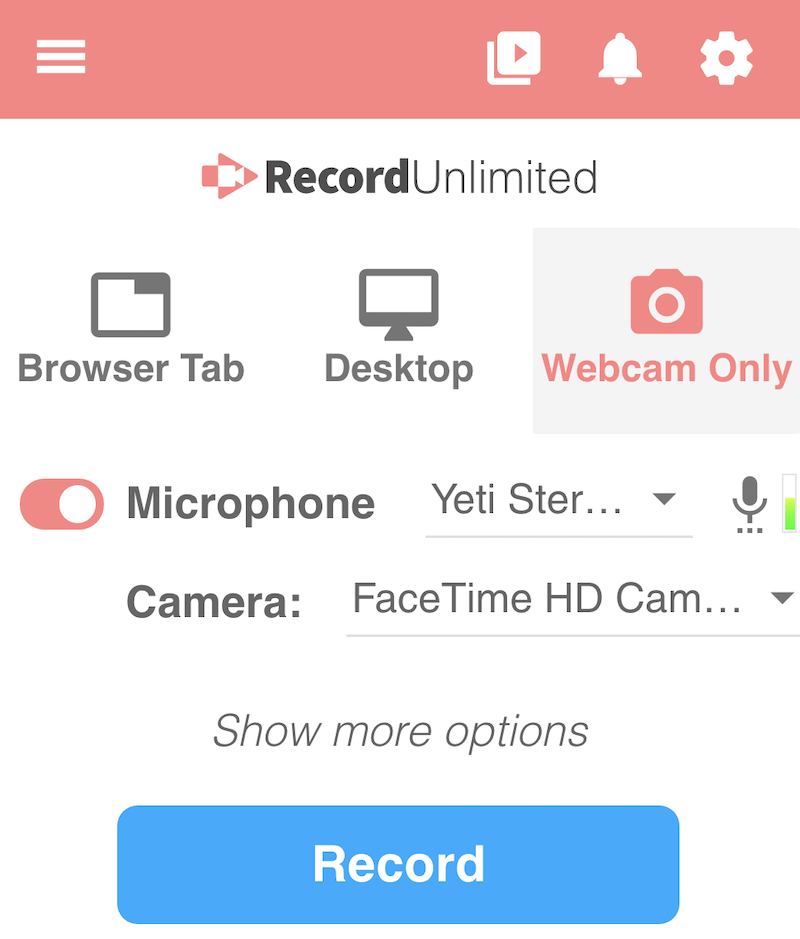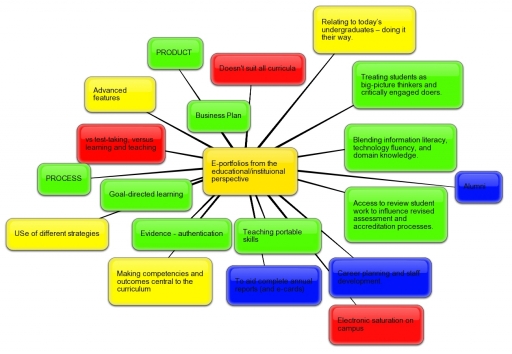On reading, taking notes and managing your feelings i.e how to study
There are notes, nothing more, which makes me wonder why I share them with the world. In this instance I am sharing notes on 'hot to study.' (I liked the typo so left it in.'
This 1990 OU's guide came into my possession by the most circuitous of routes. My father-in-law, a long retired Oxford Don, sent it to his 12 year old grand-daughter on seeing her end of term report 
Problem is, not that she has read the book at all, if it appealed in any way then she might shun what her immediate future offers: GCSEs then A' Levels which requires a lot of learning, but not a great deal of thinking. (Or does it?)
Here are some notes for Chapter Two 'Reading and Note Taking'
In relation to 900 words or so we were asked to read as an activity:
This takes, we are advised to:
- Skim read - 9 minutes
- Read - 15 minutes
- Read with care (and taking notes) - 27 minutes.
I read it in 3 mins.
Did I speed read? Did I take anything in?
I managed to make notes afterwards, indeed having been asked to answer some questions even more information came to mind. Perhaps this is how I should do it ... perhaps the important stuff is more likely to come to mind if I give it some thought rather than note taking at the same time. I may not have a photographic memory ... do I skate over things? Would it help if I slowed it down? I'd have to read more strategically though, to trust the choices made for me.
An OU IDEA 'Concept Cards'
To jot down concepts and ideas that you DON’T understand so that you can look them up at later, i.e. don’t only makes notes on the things that make sense.
Historically (last decade) I've used FileMaker Pro.
Whatever its short coming I am using the OU e-portfolio, expecting to be able to transfer/migrate the 500 pages of contents over to an off-the-shelf e-portfolio or anything new the OU comes up with in due course.
Taking the hint that ntoes shold be taken of ideas of interest, and value, rahter than taking notes on everything I picked out this:
Creating interest where there is none – when your enthusiasm for a topic wanes think how others think who have found something if interest.
That's useful.
Like a child, too often if a topic or activities doesn't appeal I make excuses and do something else, rather than finding a way to engage.
Questions make reading interesting.
You need to read with a couple of questions in the back of your mind so that you engage with the information.
My questions on the OU 1990 Study Guide?
- What’s changed in 20 years?
- How much is just the same?
- How can I apply this in relation to e-learning in 2010?
- What advice would others find useful that may be second nature to me? (That I take for granted).
I liken my approach to studying to the way I wandered across the South Downs for five hours yesterday.
I hadn’t even been sure if I’d walk a stretch of the South Downs Way from Newhaven when I dropped the car off for a service, but I had walking boots on and waterproofs in a rucksack. I had no map, but have walked half the route out of Newhaven towards Lewes, and half the route out of Lewes South. Having followede the River Ouse to Southease I then followed signs for the South Downs Way which took me way off any direct track to Lewes in a couple of huge loops. The mile along the road from Southease to Rodmell would have saved a three mile deviation up onto the Downs. But did I want to risk either the dog or me being run over?
I have a tendency to follow my nose (like the dog, her nose took her into a fresh cow pat). She rolled in it.
My reading takes me through a series of cascades as I pick first one reference to chase, then another in this article or essay and so on. Its as if, despite being given the road map through a Maize Maze I insist on looking down every avenue myself, so that I can find out for myself.
If I study in exactly the same way as my fellow students, reading strategically, only reading the course references as there isn’t apparently time to do much more … won’t we all come out the same? A goal for my studying is to have my own perspective eventually, not to project the opinions of another.
Elaborately Cautious Language
’In every day life we cheerfully use language as a blunt instrument for cudgelling our way through the cut and thrust of events around us. However, in academic writing language is meant to be used more like a scalpel, cutting precisely between closely related arguments, so that they can be prised apart and analysed in detail.’ Northridge (1990:29)
An academic text is not a narrative – it is an argument.
An academic text aims to be unemotional, detached and logical.
Whilst I can understand applying this to a TMA or ECA, this is surely not the required or desired approach in what is called a Blog? And for writing in a forum, should we reference everything? It doesn't half interrupt the flow of ideas. If talking over coffee or a glass of wine would we cite references we knowingly made? The lines distinguishing the spoken word to text or TXT or blogging and messaging are blurred if not broken.
Manage Feelings 2.6 Northridge (1990:31)
Find ways of:
- building upon your enthusiasms
- avoiding sinking into despair
- making the topic interesting
- accepting specialist language
- accepting academic text styles
- constructing valid criticisms
My preferred approach to reaching:
- cafe
- walk
- pool
- while travelling (trains, planes, ferries and yachts)
Though surely not
- in bed
- on the kitchen table in the middle of the night
- in the pub
- on holiday
(though this can be exactly what I do/have done)
IDEALLY
(married life, children and a modest home have left me with a cluttered shed or lock-up garage packed with the contents of our last house - we moved three years ago).
Reading Approaches
Skim paragraph ahead, then read more slowly using the ‘mile stones’ to guide you.
Skimming – about the text
Reading – follow the argument
Lighting skim – very fast.
I typically 'light skim' the last chapters of a Stephen King novel, as the plot becomes ludicrous yet I feel an obligation to have glanced across the page in case at some stage sanity returns (it never does). Though the story will reach a resolution.
Intensive Study – very slow
Something new, something I don’t understand. Something I need to understand or want to understand. But never the small print of a bank overdraft facility. Probably the diaries of Anais Nin and the novels of Henry Miller. Probably the history of WWI, as I need to glean info from it for my own writing. And of course the books and papers I read for H807 (Innovations in E-Learning) and will read for H808 (The eLearning Professional).
Is it making me think?
Am I getting a better grasp of the subject?
‘The underlying purpose of reading is to develop your thoughts; to weave new ideas and information into the understanding you already have and to give new angles to your thinking.’ Northridge, (1990:34)
My reading speed, 300 wpm? i.e. far to quick, but is a page a minute that fast? it does depend of course on the writing style and my familiarity or otherwise with the concepts.
The purpose of reading = 'rethinking' Northridge, (1990:34)
I like that 're-thinking.' So building on what you now already, whether or not you think you know much at all ... or know a great deal.
Rethinking:
- To develop your thoughts
- To weave new ideas and information into the understanding you already have
- To give new angles to your thinking
The point of reading:
‘The point of reading is to be able to understand what you read and to be able to get back the ideas at some future point when you need them again.’ Northridge, (1990:38)
The point of taking notes:
‘Taking notes forces you to think; to ‘grapple’ with the ideas in the text as you read them, because you have to decide what to write down and how to say it.’ Northridge, (1990:44)
I don't grapple at the note taking stage, I find it more mundane than that, I do desire a tussle at some stage, which is why I can find the manner in which we engage asynchronously (its nature) somewhat tame. I don't recommend debating online either, or getting into an argument (or even a heavy discussion) ... when in Elluminate, messaging or anything else.
This is why the face-to-face tutorial at least, fellow students over a beer in the MCR or in a formal debating chamber ideas gain a voice, that becomes your Word, and your Voice.
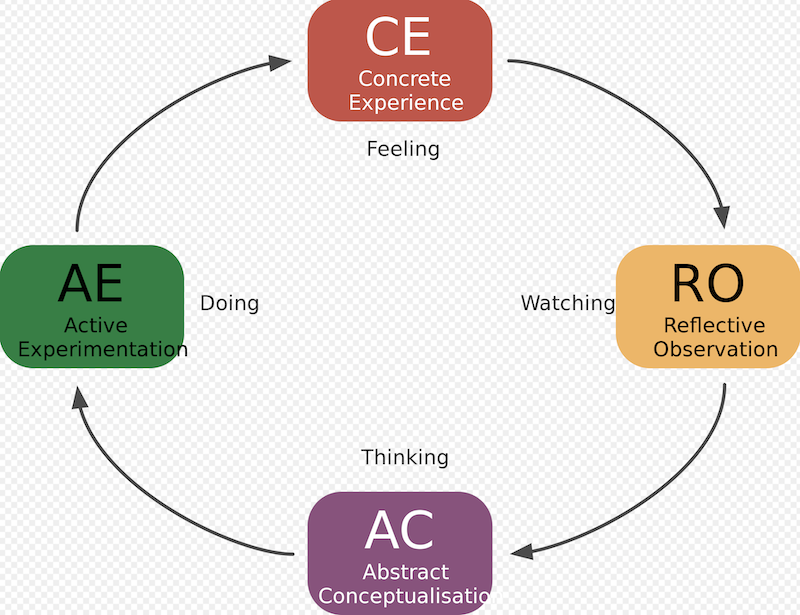
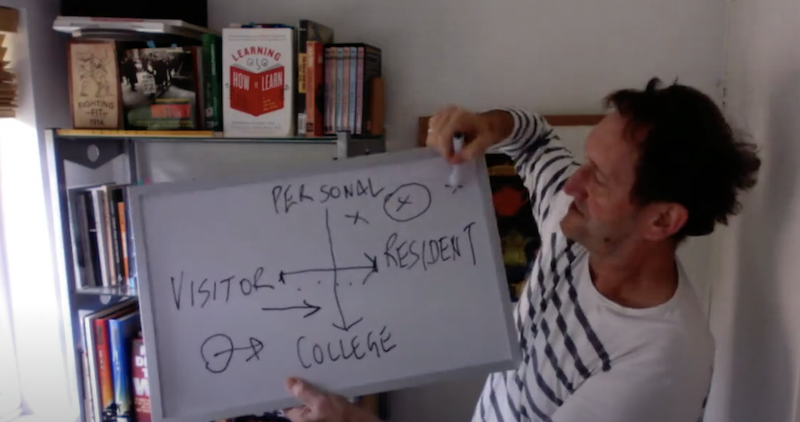
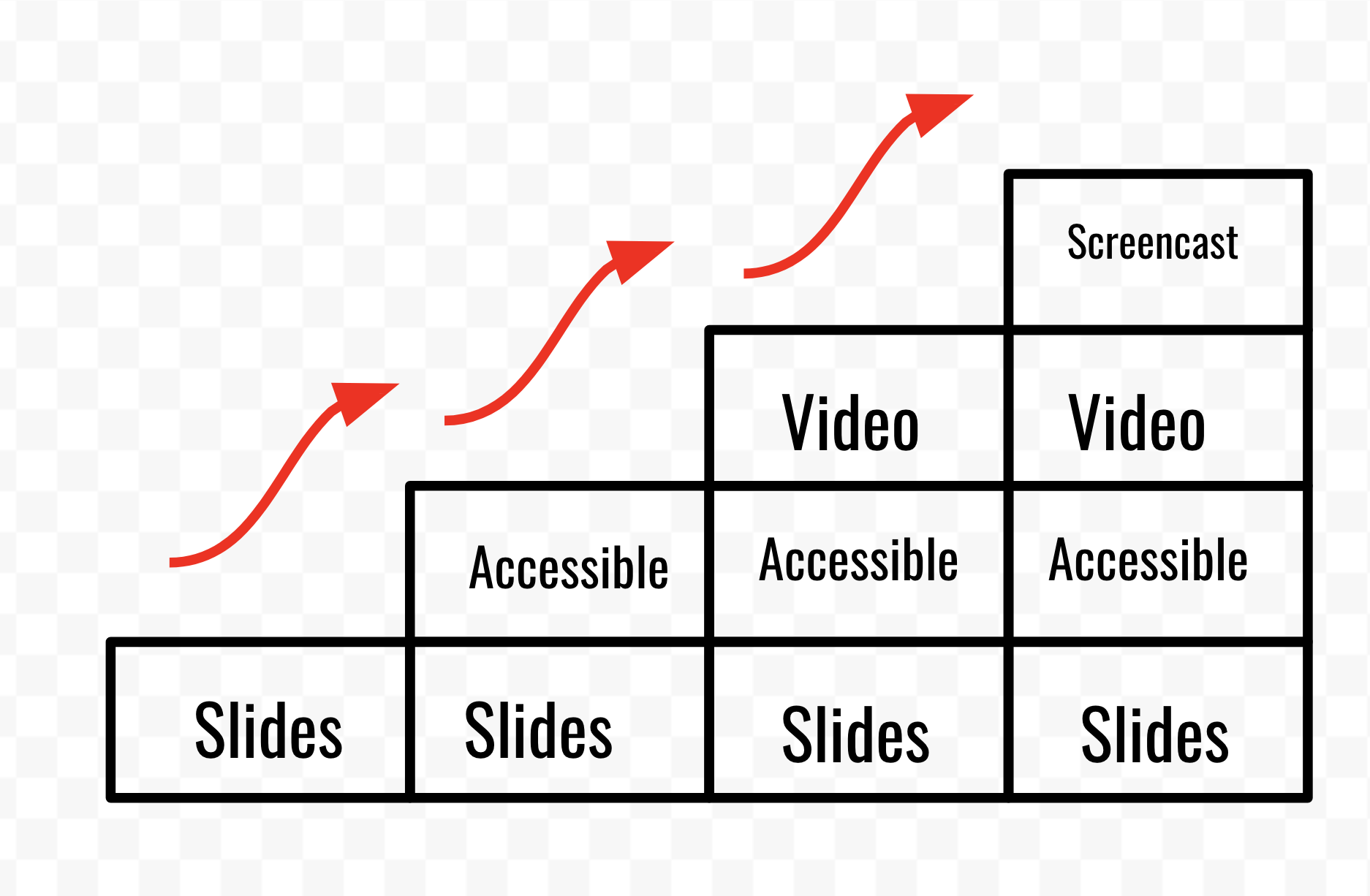

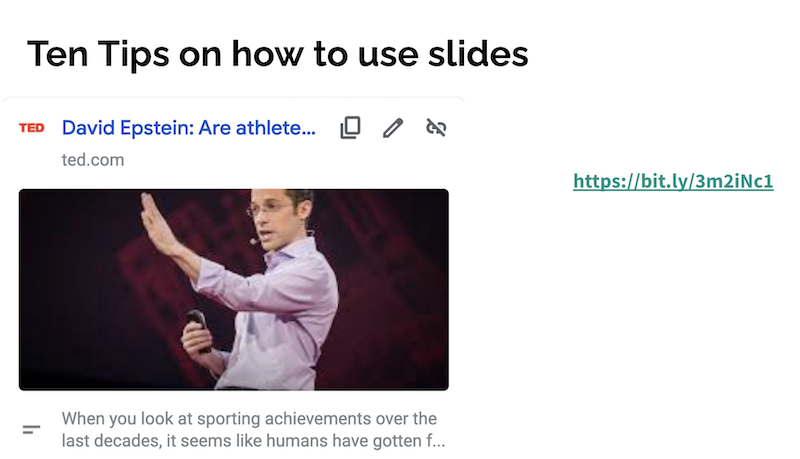
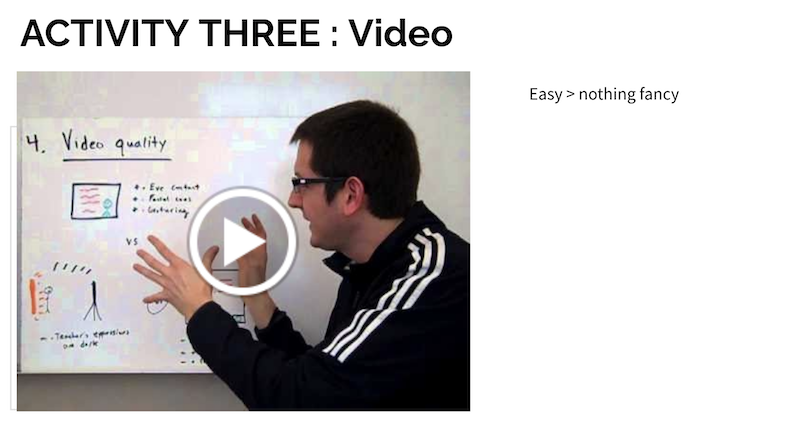 Activity Three I want to replace with my own video so from the outset the message is for students rather than me saying that they should hear 'student' every time the presenter says 'Teacher'. Also to diminish the negativity on some slide presentation types than might be overly reliant on the slides and the handouts rather than students taking notes. Taking notes is a totally foreign concept, not even students who may benefit from recording audio or video so they have something to play back. I nabbed this LINK > https://youtu.be/GuA8fPCHu9c from Open Learn's Take Your Teaching Online'.
Activity Three I want to replace with my own video so from the outset the message is for students rather than me saying that they should hear 'student' every time the presenter says 'Teacher'. Also to diminish the negativity on some slide presentation types than might be overly reliant on the slides and the handouts rather than students taking notes. Taking notes is a totally foreign concept, not even students who may benefit from recording audio or video so they have something to play back. I nabbed this LINK > https://youtu.be/GuA8fPCHu9c from Open Learn's Take Your Teaching Online'. 